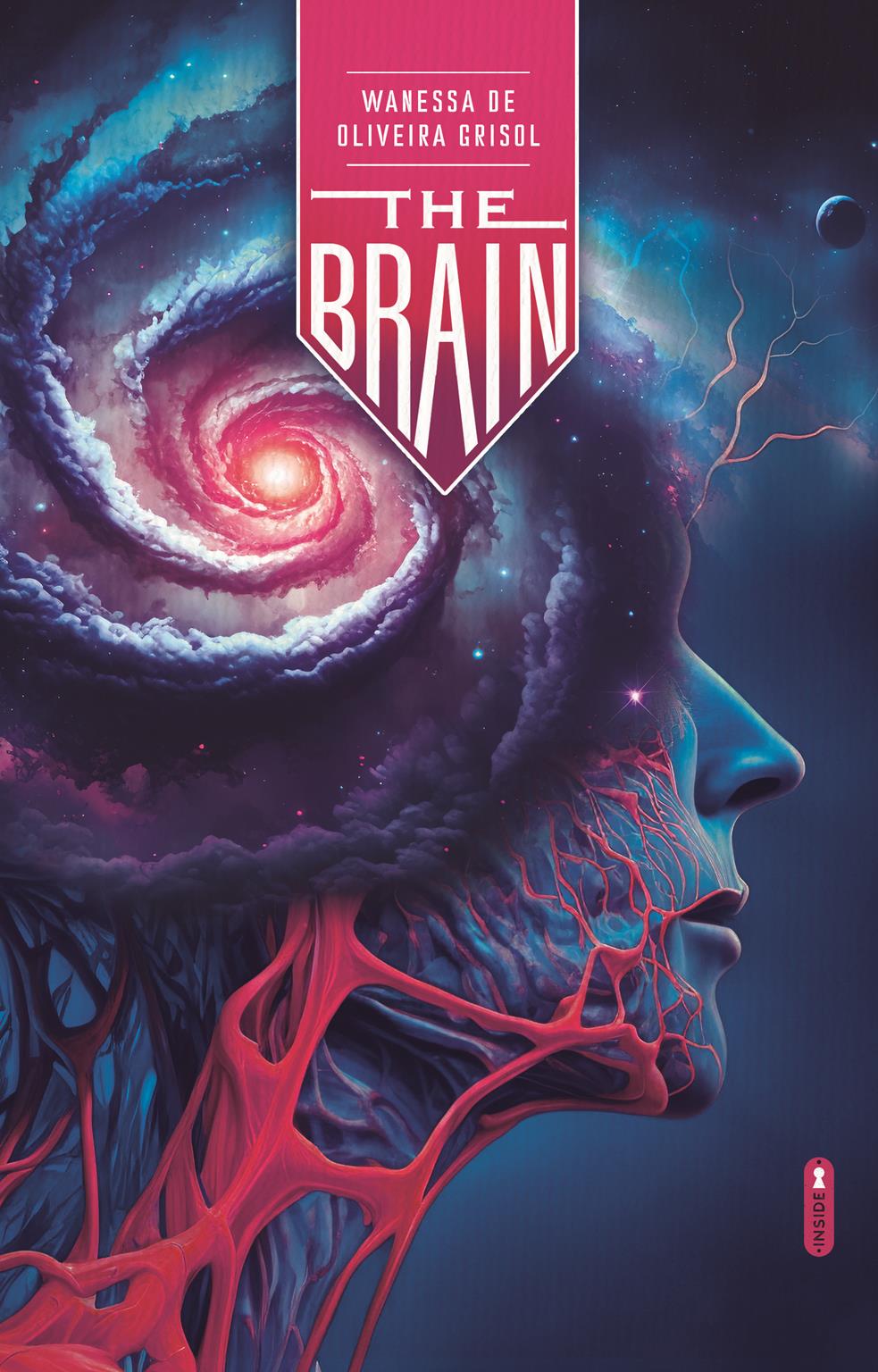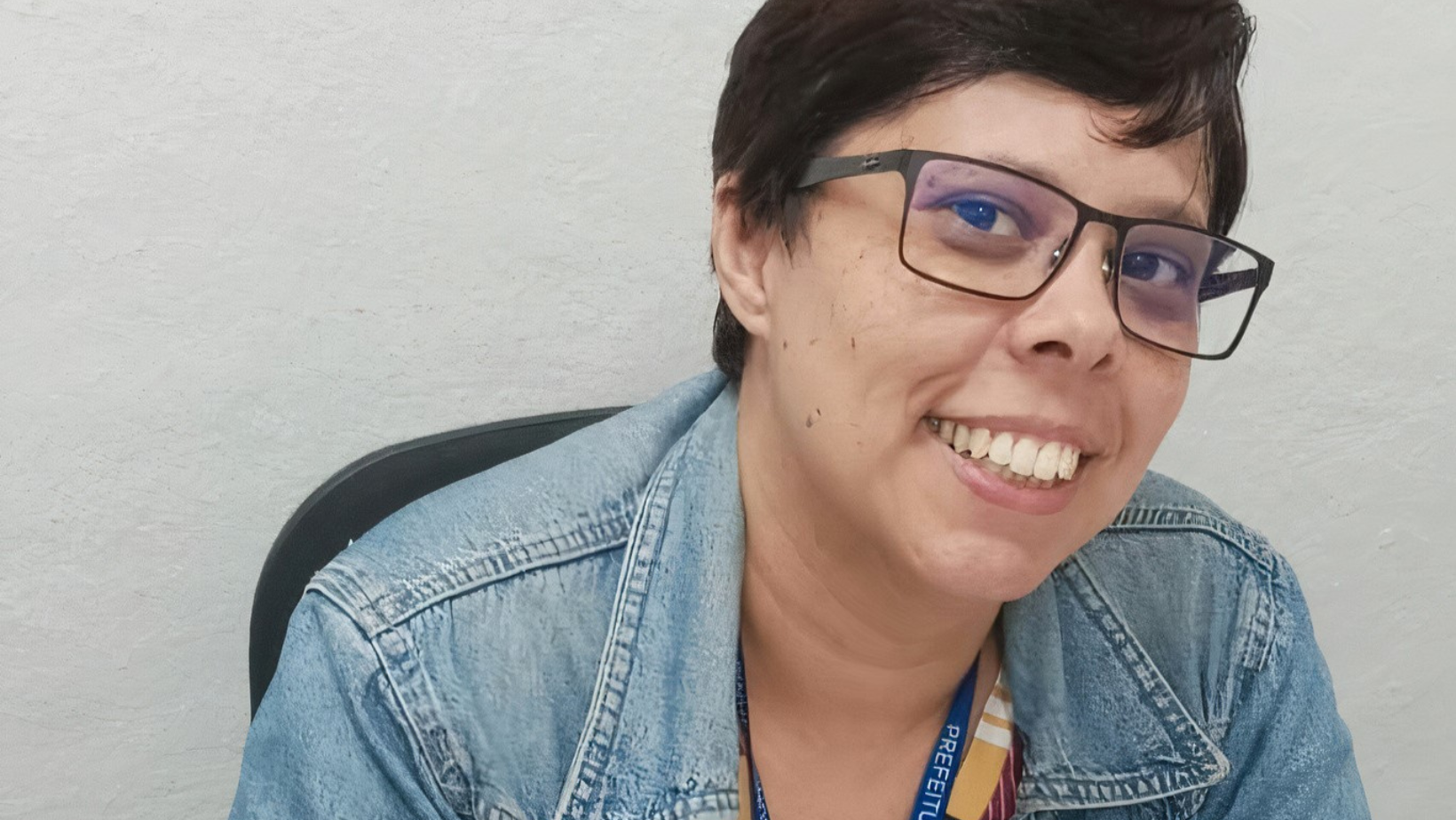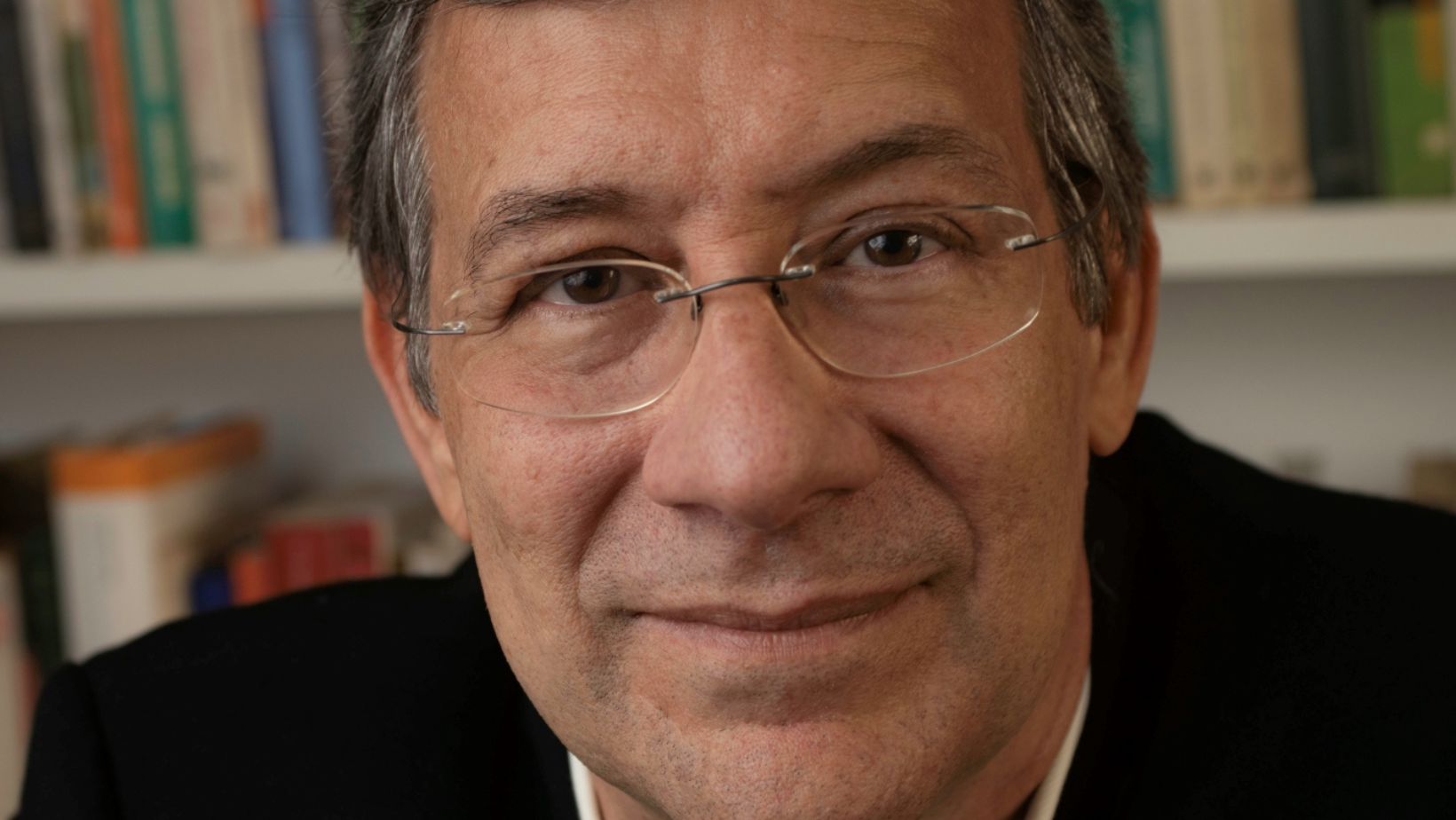Will it be possible to travel to other dimensions? Albert Einstein’s theory of relativity suggests this could be achieved by manipulating the curvature of gravity between space-time, while Stephen Hawking proposed that black and worm holes could serve as portals. However, in the real world, practical feasibility is still unknown. In contrast, science fiction already allows us to explore these ideas creatively, as in “The Brain”, written by Wanessa de Oliveira Grisol.
Inspired by the ideas of Einstein and Hawking, the author creates a plot that challenges the limits of Physics. Researcher Joe Hawk and his team at the University of Washington build a particle accelerator machine to recreate the Big Bang, opening a dimensional portal that causes natural disasters on Earth and affects the zone controlled by Brain, the master and guardian of time. Brain struggles to maintain temporal balance as his son, Lux, seeks to destroy the wards of space-time, leading to an unlikely alliance between Brain, Hawk and other intergalactic characters to save the multiverse.
The narrative of “The Brain” provokes reflections on how far we are capable of going in search of power, mixing the protagonists’ dilemmas with references to renowned scientists. With a plot that entertains and makes you think, Wanessa de Oliveira Grisol invites readers to reflect on responsibility in scientific exploration and the consequences of human ambition.
Wanessa, “The Brain” is inspired by the theories of Albert Einstein and Stephen Hawking. Can you tell us more about how these theories influenced your writing process and the development of the story?
Well, for both of them, the topic was explored a lot in their theories. The temporal issues fit perfectly into the book’s proposal. So, nothing more fair than citing their studies and paying homage to the legacy left by Albert Einstein and Stephen Hawking. Furthermore, in my opinion, deepening these theories makes the story more realistic and closer to what real time travel would be like.
The character Brain, the master and guardian of time, is central to its story. How did the idea to create Brain and his son Lux come about, and what themes does the conflict between them explore?
I needed characters who represented the aforementioned theories and who could explain the mystery of time travel to the reader in a simple way – in addition to showing why this was not possible in the book’s universe, since there were theories that tried to unravel the temporal mystery. . So, I thought of a secret place and imagined beings that inhabited this place. That’s how I connected a master and an apprentice, Brain and Lux.
You incorporate complex scientific concepts like particle accelerators and dimensional portals. How did you balance scientific precision with imaginative elements in your storytelling?
To achieve this balance, I used a little didactics, like a teacher. I wanted to transform scientific language into a more popular language.
“The Brain” addresses themes of power and responsibility in scientific exploration. What are the main messages you hope to convey to your readers through these themes?
I want to convey the message that, in life, you need to have rules and discipline to balance everything in all areas. To do this, I show not only that a lot of concentrated power leads to great disasters, but I also question whether people are actually prepared to have so much information and power. It is because of this that the universe is responsible for balancing life with all its mysteries, and human beings create laws and rules according to each era.
What was your creative process like to develop the plot and characters of “The Brain”? Were there any specific challenges you faced while writing the book?
I created a sketch and wrote on it as ideas came up. When some information or plot detail didn’t fit, I took that conception of place and recreated it in a way that made sense for the plot. But the biggest challenge was to combine didactically correct writing with a topic as complex as the theories mentioned.

You mentioned that you have a background in Geopolitics and an MBA in Communication and Marketing in Digital Media. How did your background and personal interests, such as video games and reading, influence your approach to writing “The Brain”?
My background inspired me to create the action of the narrative in relation to the temporal conspiracy mentioned in the book. While writing, I also brought the baggage of my knowledge about historical wars that left so many traces of moral and physical destruction.
Wanessa, what was the research process like to ensure that scientific concepts were represented accurately and interestingly in your book? Have you consulted any experts in the field?
I saw video lessons on physics, quantum physics, interviews with specialized physicists and other programs published on YouTube. I researched the websites of the main space agencies and did a series of readings on the subject that could clarify the theories presented.
“The Brain” has a plot that mixes science and fiction. How do you see the role of science fiction in today’s culture and what impact do you hope your book will have on readers?
Science has never been so present in our lives in the last 20 years. We have evolved a lot in relation to computational issues, and artificial intelligence, for example, is already a reality. All of this is due to scientists who have been working since the 1960s to improve human perception of things in the universe. Nothing came overnight: there was a beginning and now we are reaping the fruits of these studies. I hope the book conveys this message to readers.
Since the release of “The Brain”, what has the reception been like from audiences and critics? Did you receive any feedback that you found particularly meaningful or surprising?
What a great question. I had feedback from a reader who said: “I’m reading the book and learning new words, I’m even using a dictionary, but I’m understanding a book for the first time” – do you want more wonderful feedback than that? Making someone who isn’t a geek reflect on a story. For me, this is beautiful, it’s wonderful.
Follow Wanessa de Oliveira Grisol on Instagram





